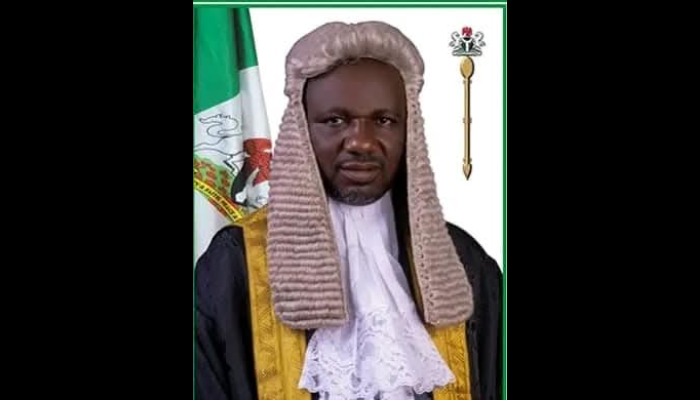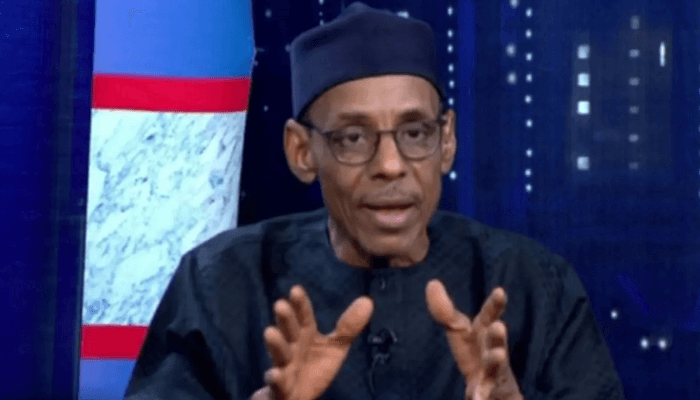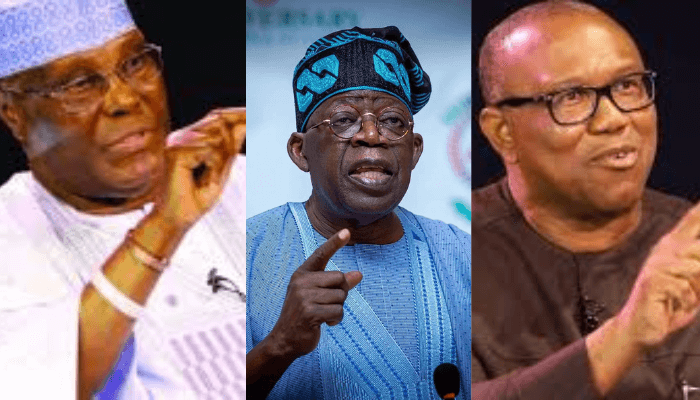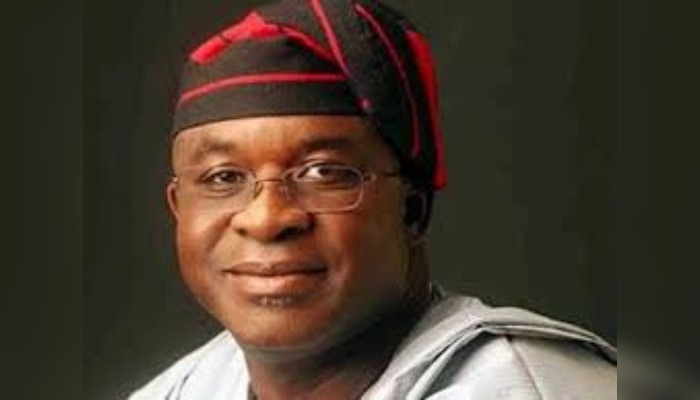The resignation of Aondona Dajoh as Speaker of the Benue State House of Assembly has sent shockwaves through the political corridors of the state, exposing a fierce and escalating battle for legislative independence.
What began as routine governance gradually morphed into a high-stakes power struggle between the Executive, led by Governor Hyacinth Iormem Alia, and a legislature increasingly determined to assert its constitutional authority.
Governor Alia, a Catholic priest turned politician, came into office on the wave of public support and a promise of reform. But as his tenure progressed, tensions with the legislative arm intensified.
Dajoh emerged as Speaker two years ago with the strong backing of Governor Alia, defeating Becky Orpin—the preferred candidate of George Akume, Secretary to the Government of the Federation. Initially, he danced to the tune of the Executive that brought him to power, working in alignment with Alia’s agenda.
However, as tensions between the Governor’s camp and Akume’s loyalists deepened, Dajoh began to reposition himself, seeking reconciliation between both factions—a move that would ultimately set the stage for his political downfall.
In the early days, Dajoh was largely seen as an ally of the Executive. He worked closely with the Governor, approving early appointees and fast-tracking legislative processes that aligned with Alia’s developmental blueprint.
However, as legislative issues became more contentious—particularly over budget allocations, contract awards, and appointments—Dajoh’s stance began to evolve.
Read also: Benue Assembly suspends ex-speaker, screens 7 commissioner nominees
At some point, insiders say, the Speaker realized that blind loyalty was incompatible with legislative integrity. He began asserting the House’s independence, probing state expenditures and demanding accountability from government agencies.
This shift didn’t sit well with the Governor’s camp. While Dajoh tried to maintain a balance between collaboration and oversight, his actions were interpreted as betrayal by powerful forces within Government House.
“He was caught in a crossfire not of his making. He wanted peace, but peace was dangerous. You can’t serve two masters in Benue politics”; one lawmaker told BusinessDay on condition of anonymity.
The real breaking point came when Dajoh controversially recalled previously suspended members of the House—a decision procedurally valid but carried out without consulting the Governor.
That single move shattered whatever remained of the fragile relationship between the legislative and executive arms. The recall was interpreted as a challenge to Alia’s authority and was the first public signal that Dajoh had moved from loyalist to reformist.
As Speaker, Dajoh had begun blocking commissioner nominees who failed to meet basic scrutiny requirements. These rejections, which were backed by committee reports, included individuals with questionable qualifications and alleged conflicts of interest.
The House under his leadership also launched probes into opaque contract awards in education and infrastructure sectors—areas where the Alia administration had previously operated without legislative interference.
The Speaker’s pursuit of transparency extended to suspending board heads and and other government officials accused of mismanagement, actions later approved by Governor Alia himself, albeit under public pressure.
Then came the infamous plenary session where Dajoh was quoted saying, “This is the time to eat the meat and break the bones.” While widely believed to be metaphorical, the statement was weaponized by his political adversaries.
Opponents branded him as power-hungry and confrontational. Behind closed doors, discussions of his impeachment gathered momentum. By then, the Executive had made up its mind: Dajoh had to go.
Rather than face public humiliation through a hostile impeachment process, Dajoh opted for resignation. In his letter, he cited “personal reasons,” but few within the political establishment believed that narrative.
“It’s a soft coup against the legislature. We’re witnessing a creeping dictatorship dressed in democratic garb”; a staff of Benue State House of Assembly commission told BusinessDay in confidence.
Shortly after his resignation, the Assembly, now under the new Speaker, Emberga Berger wasted no time in rewriting the Dajoh era. In a controversial move, the House suspended the former Speaker for three months, citing impeachment plot against the governor which Dajo has since denied knowledge of.
Political observers saw this as an attempt to tarnish Dajoh’s reputation and deter other legislators from showing signs of independence.
In another swift turnaround, Berger led the House to screen and approve all commissioner nominees that had been previously disqualified under Dajoh’s leadership, with minimal legislative debate or resistance.
Social media are flooded with calls for legislative reforms to insulate the Assembly from executive manipulation.
Meanwhile, murmurs of a possible political comeback for Dajoh continue to swirl, especially among lawmakers who quietly admired his courage but fear open rebellion.
Supporters argue that his removal was less about legislative overreach and more about political intolerance for dissent and independence.
With Benue’s political climate now more uncertain than ever, one thing is clear: the balance of power has tilted decisively in favor of the Executive, with long-term implications for democracy in the state.
As the dust settles on Dajoh’s dramatic fall, one truth remains—Benue’s democracy will only survive if its institutions, not individuals, are empowered. And for now, one of those institutions stands bruised, if not broken.











